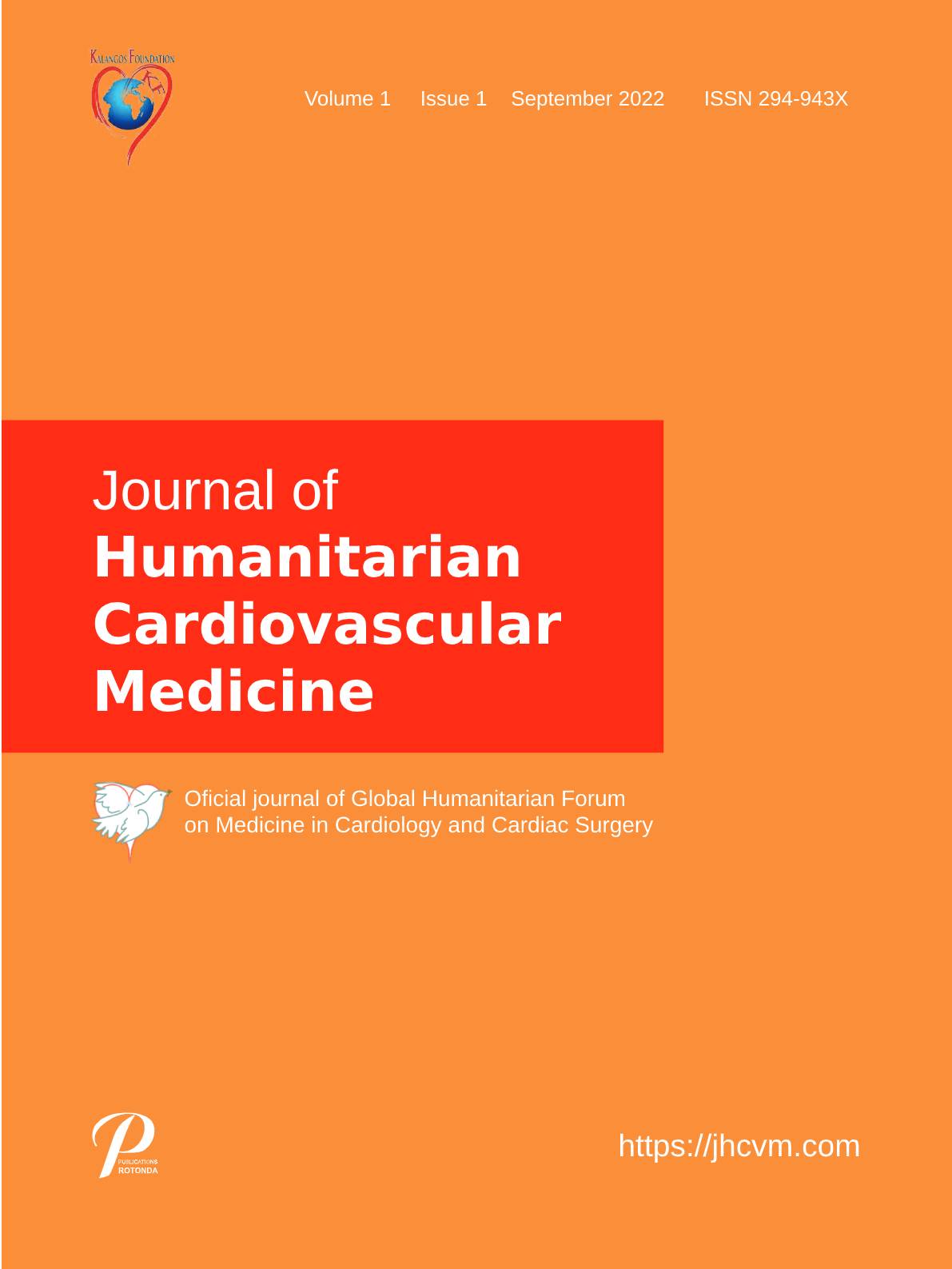Ten years follow-up under atorvastatin therapy of patients with carotid artery stenosis: the prognostic impact of oxidised low-density lipoprotein on carotid plaque progression and restenosis. Atorvastatin and oxidized LDL in carotid artery stenosis

Abstract
Background: Atorvastatin reduces oxidized low-density lipoprotein (oxLDL) levels and reduces the rate of plaque progression in patients with and without prior carotid angioplasty. The aim of our study was to investigate the durability of this effect and to explore possible prognostic impact of oxLDL levels on carotid stenosis and plaque stability.
Methods: 106 patients (71 males, mean age 64.82±7.26 years) were studied. They were divided into two groups. Group 1 including patients with carotid stenosis >70% (n=50) who underwent carotid angioplasty prior to enrolment. Group 2 included those with <70% stenosis who were treated medically and were given atorvastatin with dose adjusted to maintain LDL cholesterol <100mg/dl. Anthropometrics, complete lipid profile, oxLDL and ultrasonography were performed at baseline, 1, 3, 6, 12 months and yearly thereafter for 10 years.
Results: oxLDL levels significantly decreased from 53.3±10.91 mg/dl at baseline to 8.31±2.08 mg/dl at 12 months (p<0.001) and remained stable until the 10th year. In group 1, restenosis (>70%) was noticed in four patients, yet no further intervention was needed due to plaque morphology (echo-grade IV). In group 2, carotid stenosis was initially reduced (6th month – 4th year) and later relapsed (5th – 10th year), yet plaque morphology was recorded as type III or IV in almost all patients of group 2 (53=95%), indicating a significantly lower risk for stroke.
Conclusion: Atorvastatin treatment to a target of LDL <100 mg/dl in patients with carotid stenosis is associated with marked and durable reduction of lipid levels, especially oxLDL and LDL and reduction in the rate of stenosis progression, improved plaque stability and decreased stroke risk.
Article Details
- How to Cite
-
Polydorou, A., Alexopoulos, K., Polydorou, V., Skopelitis, E., Κougiali X. ., Liasis, N., Demesticha, T., Piagkou, M., Protogerou, V. ., Filippou, D. ., Velissariou, E. ., Dimakopulos, G., & Troupis, T. . (2022). Ten years follow-up under atorvastatin therapy of patients with carotid artery stenosis: the prognostic impact of oxidised low-density lipoprotein on carotid plaque progression and restenosis. : Atorvastatin and oxidized LDL in carotid artery stenosis . Journal of Humanitarian Cardiovascular Medicine, 1(1). https://doi.org/10.12681/jhcvm.30181
- Section
- Articles
- Categories

This work is licensed under a Creative Commons Attribution-NonCommercial-ShareAlike 4.0 International License.
This work is licensed under a [Creative Commons Attribution-NonCommercial-ShareAlike 4.0 International License|https://creativecommons.org/licenses/by-nc-sa/4.0/]. Authors who publish with this journal agree to the following terms: # Authors retain copyright and grant the journal right of first publication with the work simultaneously licensed under a CC-BY-NC-SA that allows others to share the work with an acknowledgement of the work's authorship and initial publication in this journal. # Authors are able to enter into separate, additional contractual arrangements for the non-exclusive distribution of the journal's published version of the work (e.g. post it to an institutional repository or publish it in a book), with an acknowledgement of its initial publication in this journal. # Authors are permitted and encouraged to post their work online (preferably in institutional repositories or on their website) prior to and during the submission process, as it can lead to productive exchanges, as well as earlier and greater citation of published work (See [The Effect of Open Access|http://opcit.eprints.org/oacitation-biblio.html]).


